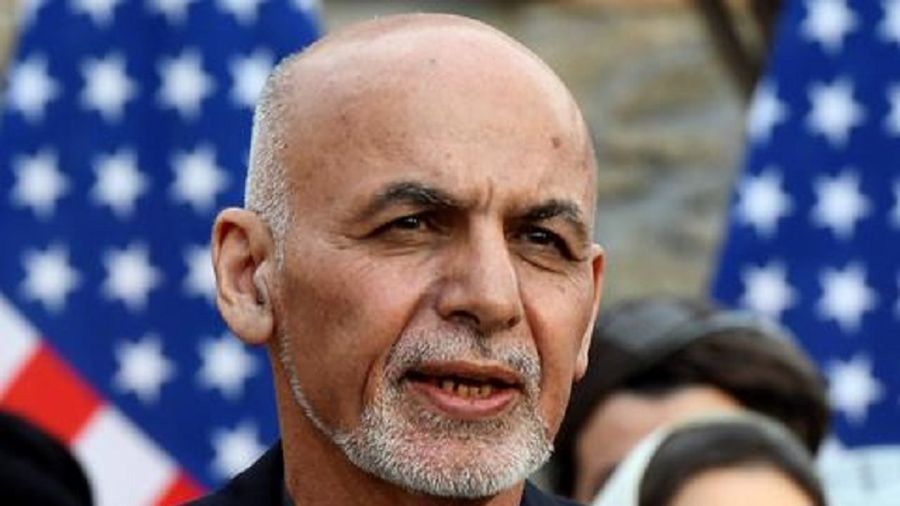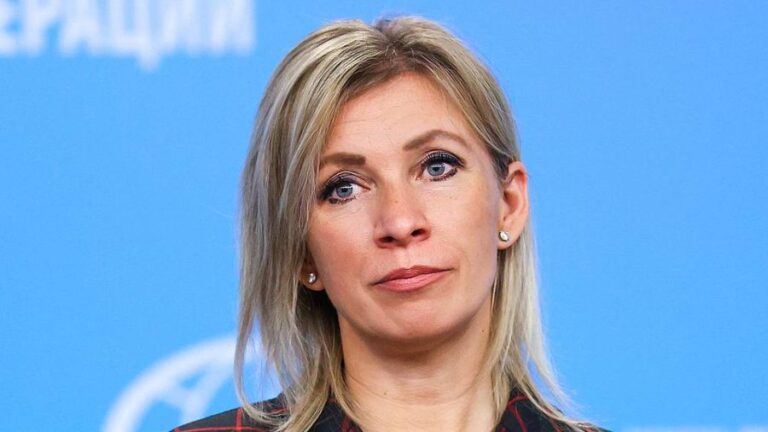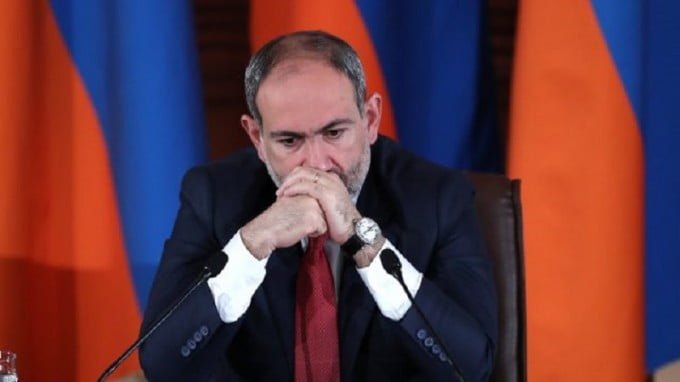Ashraf Ghani Was Always the Greatest Obstacle to Peace in Afghanistan
He had the right to remain in office as the country’s internationally recognized leader, but clinging to power on this unconvincing so-called “democratic pretext” was really nothing more than a ruse for disguising his personal self-interest and unnecessarily prolonged the war at everyone’s expense.
The Afghan peace process ultimately failed because of President Ashraf Ghani and that’s why the Taliban had to resort to military means to end the civil war. The Taliban demanded that he resign as the first step towards a transitional government, which he only just did because he literally had no other choice. The former Afghan leader was re-elected under contentious circumstances that some observers believe involved a large degree of fraud, and he didn’t enjoy much support outside of the country’s urban areas. The rural majority of the population considered him to be a foreign puppet, which was also the Taliban’s stance as well.
Ghani’s rule was characterized by his unsuccessful attempts at centralizing the country’s historically decentralized tribal society in order to solidify his role as its undisputed leader. These efforts were bound to fail and only worsened Afghanistan’s multi-sided divisions, which he also attempted to exploit for self-interested political reasons but with a similar lack of success. These failures counterproductively increased the Taliban’s appeal among many by comparison while demoralizing members of the Afghan National Army (ANA) who recently surrendered or fled en masse during the group’s nationwide offensive over the past two weeks.
Those Afghans who militarily resisted the Taliban, whether as part of the ANA or one of the country’s many militias, fought not out of loyalty to Ghani or even their US-backed state per se but mostly due to fear of that group. The Taliban’s prior rule over most of Afghanistan was extremely unpleasant for many urban dwellers as well as some minorities and women, to put it mildly. They were afraid of what would happen to them and their foreign-supported way of life if the Taliban returned to power. That’s why the group strictly kept its word to respect the legitimate interests of those three categories of its compatriots as it swept through the country.
Even so, Ghani refused to resign until the very last minute. He almost seemed to have wanted the Taliban to attack Kabul in the most violent way possible in order to worsen the country’s humanitarian crisis as a last-ditch attempt at getting one of his government’s partners to decisively intervene in his support. Instead of falling into that trap, the Taliban wisely leveraged its extensive network of influence and proven compassion towards its opponents over the past two weeks to convince most of the remaining forces against its rising rule to peacefully surrender without a fight in order spare the capital and its millions of residents from undue hardships.
What everything ultimately came down to was that Ghani was the greatest obstacle to peace in Afghanistan all along. His ego got in the way of the national interest. Everyone’s suffering was worsened precisely because he refused to resign in accordance with the Taliban’s demands that reflected the will of a growing number of his own people as well. Of course, he had the right to remain in office as the country’s internationally recognized leader, but clinging to power on this unconvincing so-called “democratic pretext” was really nothing more than a ruse for disguising his personal self-interest and unnecessarily prolonged the war at everyone’s expense.







